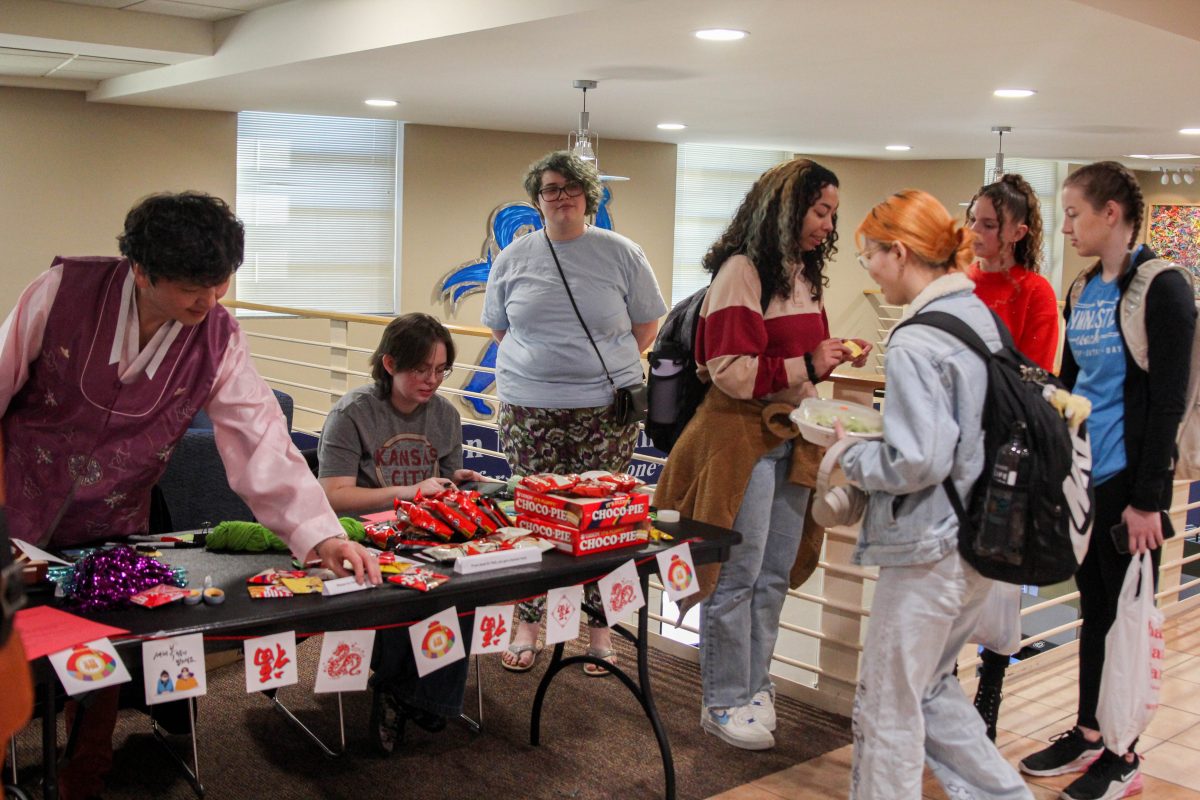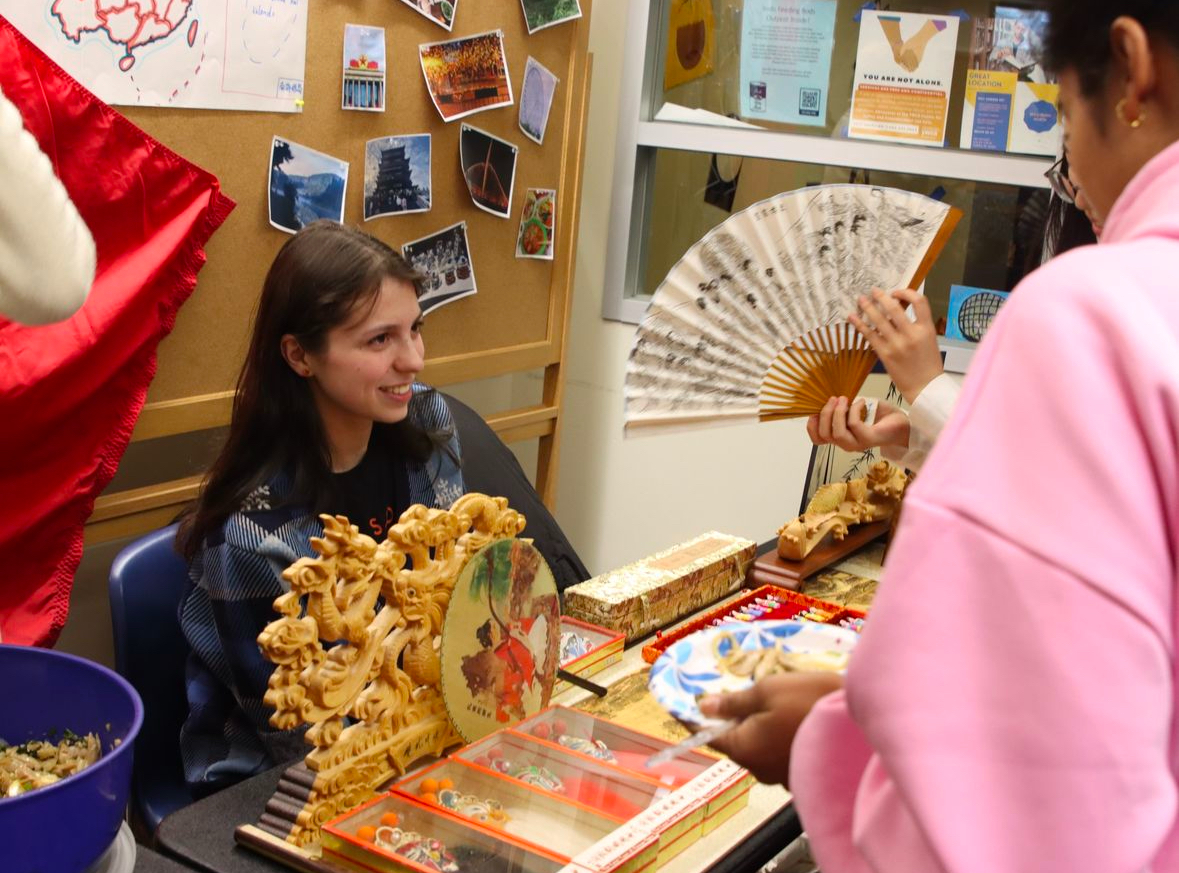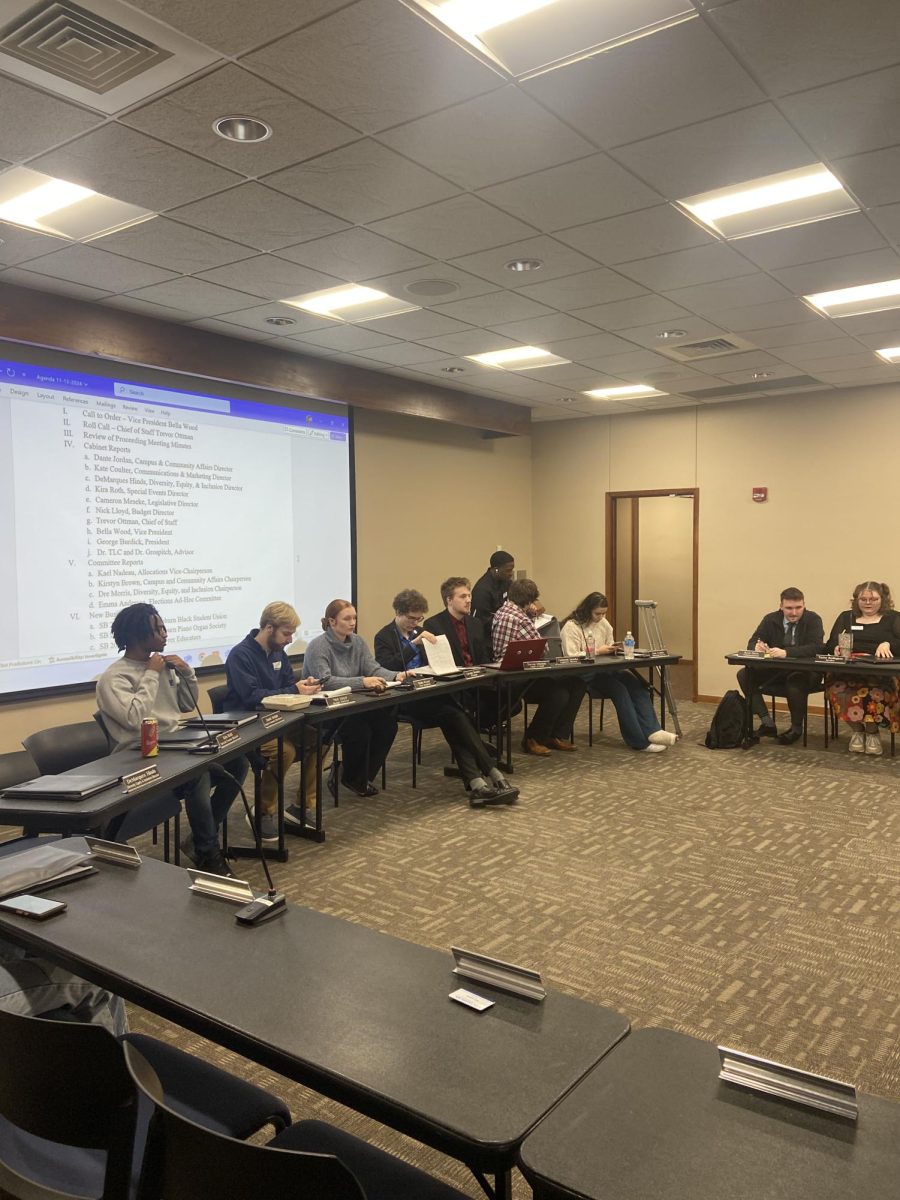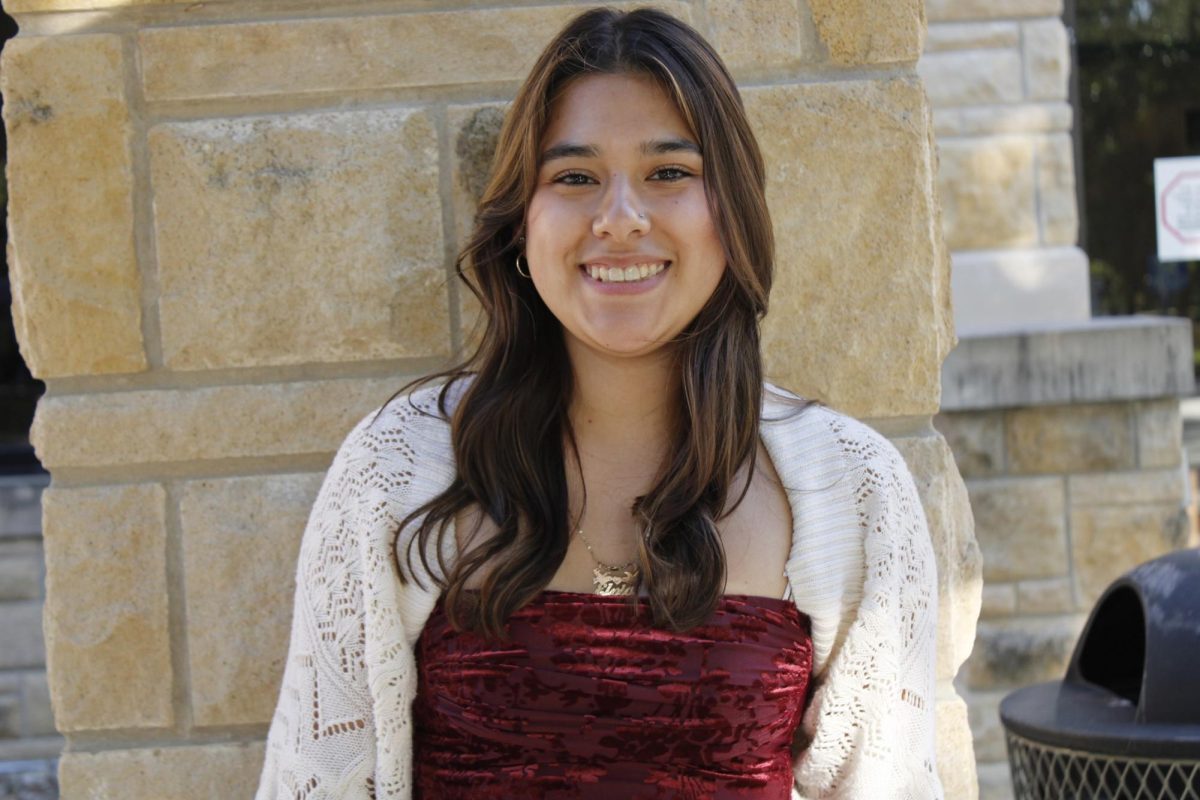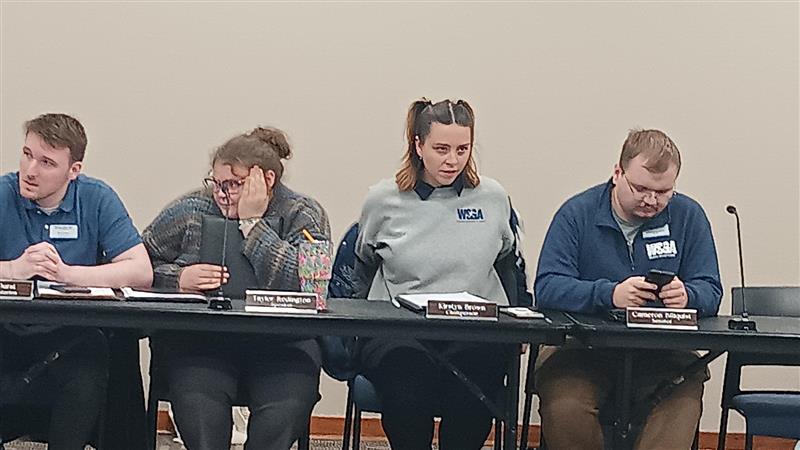On Friday, Feb. 9, 2024 two sociology and anthropology classes, K-Pop and Beyond (SOAN300) as well as Food and Culture (SO319) hosted a Lunar New Year event in the Memorial Union. Sangyoub Park, associate professor of sociology, led the event.
Storm Henry, senior anthropology major, helped him operate the event.
“We’re doing this to bring awareness to different Asian cultures and the holiday and to the Korean classes that we have for sociology and anthropology,” Henry said.
Henry added that she’d learned new information about the celebration and what countries celebrate it.
“China, Korea, Vietnam and I think a couple of other East Asian countries celebrate it. Japan doesn’t really celebrate it as much anymore,” Henry said.
In fact, the words “Lunar New Year” is never heard in Japan lately. In South Korea, the Lunar New Year is called “Seollal.” Park talked about what Seollal looks like.
“Seollal is the biggest holiday in South Korea. Usually people go back to their hometown to meet their family, especially parents,” Park said.
In some Asian countries, they still use the Lunar calendar, which is a calendar based on the monthly cycles of the Moon‘s phases.
“Korea, China, Vietnam as well as other Asian countries [still celebrate Lunar New Year], but Japan was Westernized much faster, so they kind of killed the Lunar calendar,” Park said.
Cultures differ depending on their histories and politics.
In this event, they had food and activities from Korea and China to show their cultures.
“Usually the special food for Seollal we call it ‘Tteokguk.’ Tteokguk is a rice cake soup that you are supposed to eat and then you get one year older. So when you’re a kid, you like to eat a lot so you can get older faster. When you’re older, you don’t want to eat so fast,” Park said.
In Asian countries, it’s common to celebrate New Year in their own ways, like American celebrate Christmas very grandly.
“I’m pretty sure every culture has a very unique food they have to eat. A lot of the time, the food that we are eating is not the same but the meaning behind it is always identical, like happiness, family health, and longer lives,” Park said.
Park enjoys talking about cultures with his humor, so his sociology classes are always popular among students.
Washburn welcomes international students, faculty and people who are interested in foreign countries’ traditions to participate in these cultural events held on campus.
Edited by Jeremy Ford and Aja Carter



